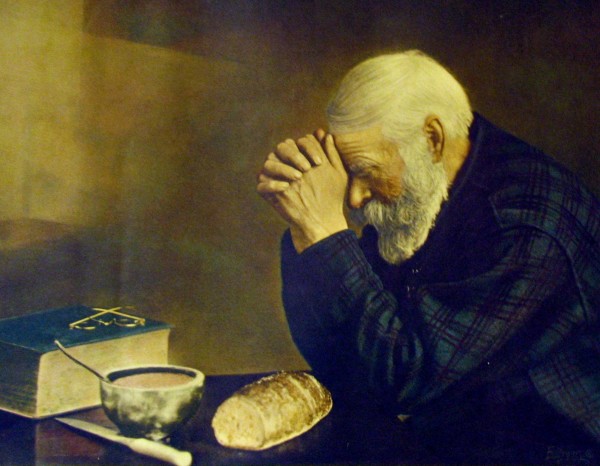
One of the most common objections to the doctrine of the Trinity is that it is a mathematical absurdity. “It’s like adding one plus one plus one and getting one,” they say, “and we all know that’s not right!” Those who object that the Trinity is a contradiction because God can’t be both one and three are making the same objection.
Sometimes this objection is answered by appealing to the mystery. “It’s a mystery; the Trinity is incomprehensible” is the response, or maybe even “Math doesn’t work in the realm of the infinite and spiritual.”
Here’s the thing: While I agree that God is incomprehensible and that the doctrine of the Trinity is a profound mystery that we will never completely understand, that’s not the way to answer this objection. If we appeal only to mystery when we are accused of being illogical, we are admitting, more or less, that there’s a possibility the doctrine is contradictory.
But God is a God of truth and reason, and it is because we are made in his image that we are reasonable beings. Scripture, as revelation from God, asks us to believe many things we can’t fully explain—things that are above our reasoning—but it never asks us to believe a contradiction or a mathematical absurdity.
It’s a belief that God’s truth can’t be contradictory that undergirds the historic formulations of the Trinity. Based on the testimony of scripture, the creeds and confessions are carefully formulated to avoid contradictions and mathematical absurdities. They do this by specifying that the oneness of the Trinity is in a different sense than the threeness. God is one as to his being or essence; or, as I prefer to think of it (although it’s not creedal language), God is one “what”. And how is it that God is three? God exists as three persons; He is three “whos”. Since the categories are different, the Trinity isn’t like adding one plus one plus one to get one, and the doctrine of the Trinity isn’t contradictory.
While I’m thinking about Trinitarian math, I’m tacking on this tidbit: We shouldn’t be thinking of the Father, Son and Holy Spirit as “adding up” to the One being of God in the first place. The Father, the Son, and the Holy Spirit are not each one-third of the being of God. To quote Grudem’s Systematic Theology,
[W]e must say that the person of the Father possesses the whole being of God in himself. Similarly, the Son possesses the whole being of God in himself, and the Holy Spirit possesses the whole being of God in himself, and the Holy Spirit possesses the whole being of God in himself.
Try to figure that one out. I don’t understand it, but I know it isn’t a contradiction.
Related post: Test your own understanding of the Trinity with a quiz on this biblical and historical doctrine. ( Answer key.)
 Thursday, April 12, 2012 at 9:32PM
Thursday, April 12, 2012 at 9:32PM 



